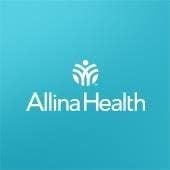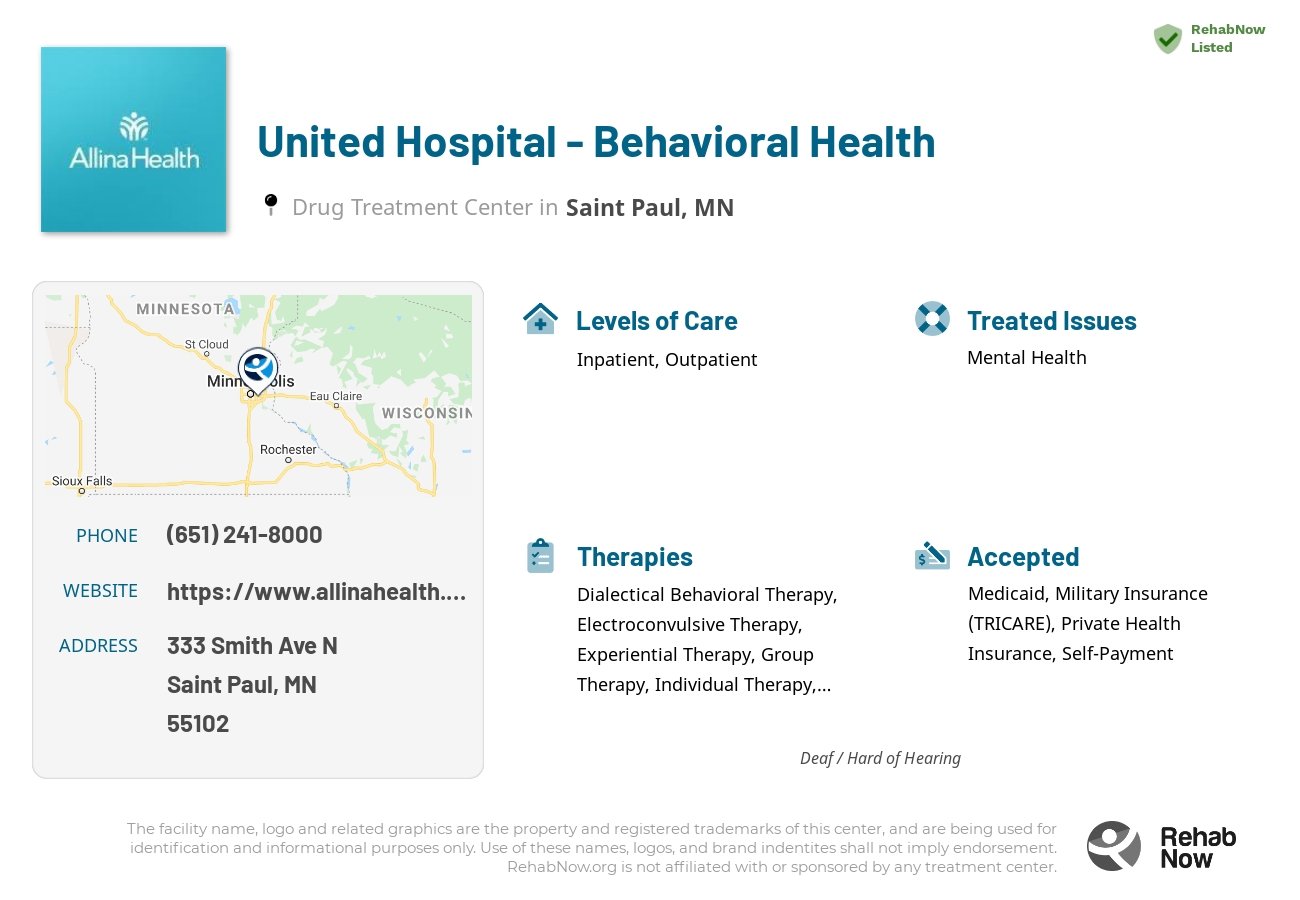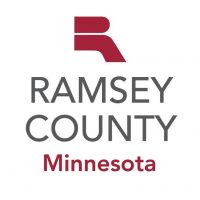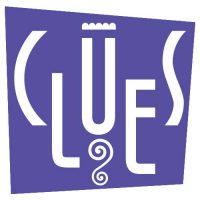United Hospital - Behavioral Health
Drug Rehab Center in Saint Paul, Minnesota
United Hospital - Behavioral Health is a leading mental health facility located in Saint Paul, Minnesota, offering comprehensive, effective care to individuals struggling with mental health disorders, substance use disorders, and addiction through a range of inpatient, residential, and outpatient programs, individual and group therapy, peer support services, medication-assisted treatments, and holistic modalities.
About This Minnesota Facility
United Hospital - Behavioral Health is an addiction treatment facility located in Saint Paul, Minnesota. This medical center provides comprehensive treatment for those suffering from addiction and mental health issues. The facility offers inpatient, outpatient, and aftercare support levels of care for those seeking help for opioid addiction, substance abuse, drug addiction, alcoholism, and dual diagnosis. This Behavioral Health center is affiliated with the New Ulm Medical Center and accepts private health insurance for services.
At United Hospital - Behavioral Health, those coping with addiction and mental health issues can gain access to personalized treatment plans. These plans are developed by a team of experienced doctors, nurses, and counselors to provide the best care for each individual’s needs. The facility also provides medically-assisted treatment, mental health therapies, and access to peer support groups. The Behavioral Health center is accredited by the Commission on Accredit of Rehabilitation Facilities (CARF), licensed by the Minnesota Department of Health, and approved by the Minnesota Department of Human Services.
Genders
Ages
Modality
Additional
Conditions and Issues Treated
Levels of Care Offered at United Hospital - Behavioral Health
This center offers a variety of custom treatment tailored to individual recovery. Currently available are Inpatient, Outpatient, with additional therapies available as listed below.
Inpatient treatment centers offer a safe, secure, and often medically supervised environment for drug or alcohol-addicted individuals. Many of these facilities are equipped to provide detoxification, treatment for co-occurring mental health disorders, and aftercare programs. The patient typically spends 28 to 30 days at the facility and will receive extensive drug counseling.
An outpatient treatment program is set up to help with alcohol or drug addiction or a co-occurring disorder. The patient must attend the facility for their therapy and other programs but can return home each night.
The frequency of mandatory attendance decreases after much of United Hospital - Behavioral Health‘s program is complete.
Outpatient treatment is a recovery approach that allows recovering addicts to live at home while getting rehab for addiction
An outpatient can include day treatments which include attending group sessions one hour per week. A person living in an outpatient environment may be allowed the opportunity to work full time if they choose to and continue studies without interruption from drugs/alcohol.
Outpatient treatment is an option for people who want to maintain their careers and families. Outpatients live at home but attend treatment such as individual counseling, group counseling, or twelve-step meetings during the day.
Therapies & Programs
At United Hospital - Behavioral Health , to learn from past mistakes and improve one’s situation, the recovering person meets individually with a therapist. The counselor or therapist will address addiction causes, triggers, mental issues, dual diagnosis, and aftercare plans during this time. This is a very intense and challenging process. Some clients find it easier to open up to someone other than family or friends who understand their struggles with addiction.
In group therapy, recovering addicts meet with a therapist and other people in recovery. Some groups are closed, meaning only people who share the same addiction or problem can attend. Others are open to anyone who wants to stop using drugs or drinking alcohol. Group therapy sessions typically focus on one topic each week or month so that recovering addicts can discuss issues they face daily.
Dialectical Behavior Therapy (DBT) is a type of therapy created in the late 1980s and early 1990s. It was designed to help people with high rates of suicidal behavior.
The goal of DBT is to teach mindfulness, distress tolerance, emotion regulation, and interpersonal effectiveness to help people learn how to live a life that is no longer controlled by overwhelming emotions and urges.
DBT is beneficial in treating drug addiction because it helps patients understand and cope with their cravings for drugs or alcohol rather than turning to those substances as a way of coping.
Cognitive Behavioral Therapy (CBT) is based on the idea that how we feel, think and act all interact together. It helps people explore their thoughts for problems (or false beliefs) that influence their mood and actions. CBT is very goal-oriented, which means that the therapist and patient work together on a specific problem. In addition to helping a client focus on thoughts that can be changed, CBT also allows them to take an active role in their treatment. Our thoughts determine our feelings and behaviors; our feelings affect our thoughts, and our behaviors change our thoughts and feelings.
Nutrition therapy has been used to help drug addicts for decades. Many early reports on addiction treatment indicate that some patients recovered from the “satisfying power of food”. For years, this phenomenon has been utilized as a treatment modality in eating disorders for adults, adolescents, and children.
Specific nutrients have been identified that influence neurotransmitters associated with reward pathways of the brain. Studies have shown that carbohydrate loading with complex carbohydrates to elevate serotonin levels was effective in treating bulimia nervosa. This approach prompted researchers to explore the use of this type of nutritional intervention in other disorders.
The goal of nicotine replacement therapy is to provide a safe alternative for people trying to quit smoking. It does this by giving small doses of nicotine that help manage cravings while breaking habits associated with cigarettes.
Nicotine Replacement Therapy (NRTC) uses products like skin patches and gum that deliver low-dose nicotine, which prevents cravings in those quitting. This makes it easier for them to make a gradual transition from smoker to non-smoker.
Patient Experience
Experiential Therapy at United Hospital - Behavioral Health
Experiential Therapy is a different way of thinking about addiction treatment. It uses physical activities to help work through troubling emotions, memories, and trauma that are sources of psychological issues like addiction.
Experiential Therapy can be an effective option for those who have struggled with past traumas or challenges associated with life decisions such as drug use. The non-traditional approach helps people deal more effectively with these struggles. It also allows them to gain new perspectives on their behavior patterns by recreating experiences in healthy ways rather than continuing old habits that may no longer serve them.
Payment Options Accepted
For specific insurance or payment methods please contact us.
Is your insurance accepted?
Ask an expert, call (888) 674-0062
New Ulm Medical Center Associated Centers
Discover treatment facilities under the same provider.
- New Ulm Medical Center - New Ulm in New Ulm, MN
- New Ulm Medical Center - Mankato in Mankato, MN
- Owatonna Hospital - Behavioral Health in Owatonna, MN
- Allina Health - Unity Hospital in Minneapolis, MN
- Unity Hospital - Minneapolis in Minneapolis, MN
Learn More About New Ulm Medical Center Centers
Additional Details
Specifics, location, and helpful extra information.
Saint Paul, Minnesota 55102 Phone Number(651) 241-8000 Meta DetailsUpdated November 25, 2023
Staff Verified
Patient Reviews
There are no reviews yet. Be the first one to write one.
Saint Paul, Minnesota Addiction Information
Minnesota is fighting an opioid epidemic that is leaving hundreds of its residents dead each year. Both prescription opioids and illicit opioids are widely abused in the Land of 10,000 Lakes. Heroin continues to be one of the most commonly abused drugs in the state, if not the most common illicit drug. Over 10% of all treatment admissions in Minnesota list heroin as their drug of choice.
Methamphetamine use has led to increased crime in Saint Paul, MN. There were 1,497 drug-related crimes in Saint Paul in 2017. This number represents a 9% increase from the previous year. The community has been hit hard by the opioid epidemic as well. The greatest way to locate the finest rehabilitation facility in Saint Paul, Minnesota, is to inquire about it by talking with your friends, family, and coworkers.
Treatment in Nearby Cities
- International Falls, MN (253.5 mi.)
- Olivia, MN (93.2 mi.)
- Bagley, MN (209.3 mi.)
- Hopkins, MN (14.5 mi.)
- Wadena, MN (142.7 mi.)
Centers near United Hospital - Behavioral Health
The facility name, logo and brand are the property and registered trademarks of United Hospital - Behavioral Health, and are being used for identification and informational purposes only. Use of these names, logos and brands shall not imply endorsement. RehabNow.org is not affiliated with or sponsored by United Hospital - Behavioral Health.











